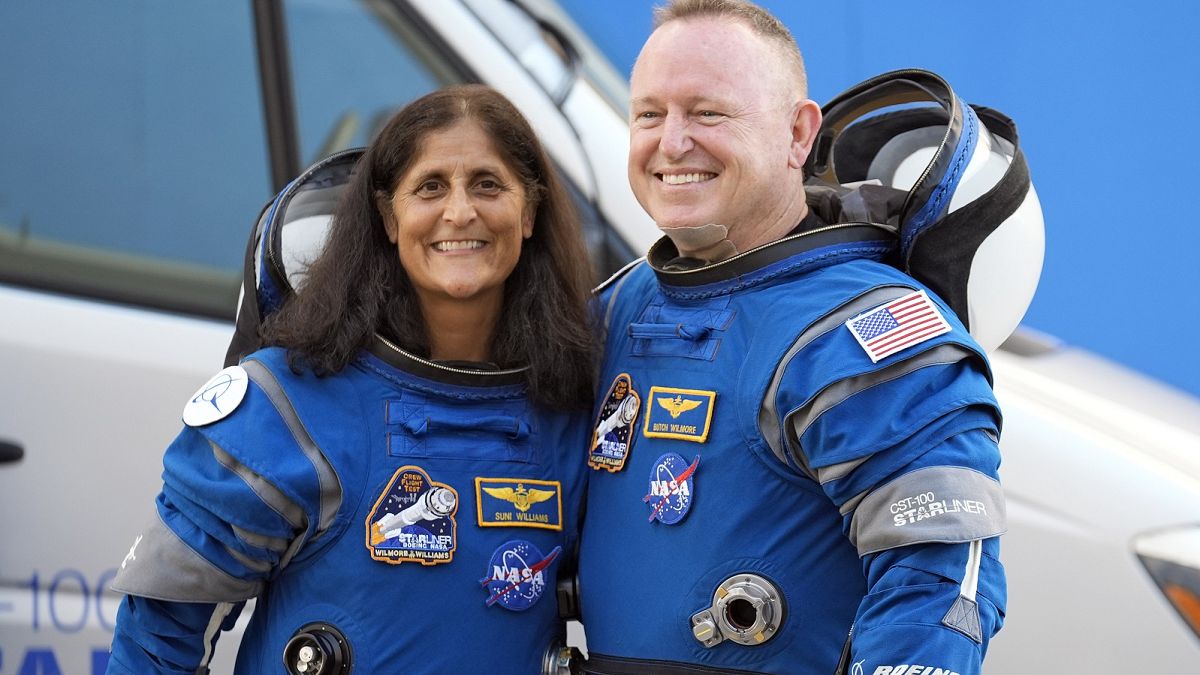NASA made the decision to delay the return of two test pilots from the International Space Station (ISS) due to safety concerns with Boeing’s new capsule. The pilots have been stuck in space since early June and are now expected to return in February next year. A series of problems with the new capsule, including thruster failures and leaks, have extended what was supposed to be a week-long test flight to over eight months. Despite the setbacks, NASA remains committed to safety and ensuring the successful return of the astronauts.
Boeing, the company behind the troubled Starliner capsule, faced a setback with the delayed return of the astronauts. The company had hoped that the first crew trip for Starliner would help revive its program after years of delays and costs. Boeing has emphasized its focus on safety amidst the challenges faced by the company. However, the decision to delay the return of the astronauts has added to the concerns surrounding Boeing’s space program. Despite this setback, NASA is optimistic about the future of the Starliner program and is committed to ensuring its success.
The test pilots, Butch Wilmore and Suni Williams, were prepared for surprises when they accepted the mission, but they did not anticipate the extent of the issues that would arise during their time in space. The decision to delay their return was communicated to them by NASA officials, and they fully support the agency’s commitment to safety. With limited options available, the astronauts will have to wait until SpaceX’s next taxi flight in late September to return to Earth. The extended stay in space poses challenges for both the astronauts and the ISS residents wanting to return.
The delays and technical issues faced by the Starliner capsule have raised concerns about its reliability and safety for future missions. Problems with software, parachutes, and propellant systems have plagued the capsule since its first test flight in 2019. The recent helium leaks and thruster failures have further highlighted the challenges Boeing faces in ensuring the successful operation of the Starliner. Despite these setbacks, NASA remains optimistic about the future of the program and hopes to address the technical issues in time for future crew flights.
The decision to delay the return of the test pilots has sparked a debate about the future of the Starliner program and Boeing’s role in space exploration. NASA’s commercial crew program aims to have multiple US companies ferrying astronauts to space, with Boeing and SpaceX being the primary players. SpaceX has had success with its astronaut flights, while Boeing has faced setbacks with the Starliner capsule. Despite these challenges, NASA remains committed to working with Boeing to address the technical issues and ensure the success of future crew flights. The agency is confident that the Starliner will fly again after the necessary improvements are made.
In conclusion, the decision to delay the return of the astronauts from the ISS highlights the challenges and risks associated with space exploration. Safety remains a top priority for NASA, and the agency is committed to ensuring the successful return of the astronauts. The technical issues faced by the Starliner capsule have raised concerns about its reliability and safety, but NASA remains optimistic about the future of the program. With continued collaboration between NASA and Boeing, the agency hopes to address the challenges and ensure the success of future crew flights. The delayed return of the test pilots serves as a reminder of the complexities of space travel and the importance of safety in all missions.










